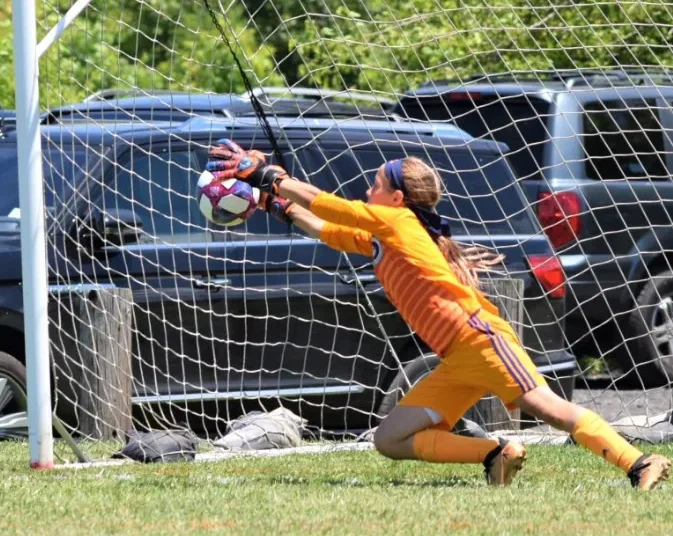As a parent and coach of youth soccer players, I’ve seen firsthand how important it is for kids to learn how to express their needs and concerns. While offering support is vital, it’s equally essential for young athletes to develop the ability to advocate for themselves.
Whether it’s communicating with teammates, handling performance anxiety, or managing the balance between soccer and other commitments, many youth players face challenges. Encouraging them to voice their concerns empowers them to build independence and confidence as they navigate their athletic journey.
To help my players grow as self-advocates, I ask them five key questions that encourage reflection and action.
1. What can we do to make things better?
When a player feels frustrated or dissatisfied with their experience, I encourage them to think about potential solutions. This question helps shift the focus from the problem to possible actions that can improve the situation. For example, if a player is struggling with the pace of the game, we might explore ways to enhance their fitness or agility. By focusing on solutions, players feel empowered to take control and make progress.
2. Is it worth it?
At times, players may feel that their concerns are too small to address. In these moments, we talk about the impact the issue might have on their performance and overall well-being. I guide them to assess whether they have the necessary resources and support to address the problem. For instance, if a player is unhappy with their position, we might discuss whether it’s worth speaking with the coach or if there are other ways to approach the situation.
3. How can you express yourself in the best possible way?
Effective communication is crucial in soccer. I help my players develop strategies for expressing their concerns respectfully and clearly. Whether it’s approaching the coach privately or sending a well-thought-out email, learning the best way to communicate helps players gain confidence. We also discuss anticipating different responses and preparing for them, so players feel more equipped to handle the conversation.
4. Do you need some backup?
There are times when players may need additional support, whether from a parent or another trusted adult. If a player is facing difficulties with a coach or teammate, we talk about how they can involve someone else for help. Sometimes, building alliances within the team can also provide the support needed to feel more comfortable advocating for themselves.
5. Can you see how brave you are?
Whenever a player takes the initiative to speak up or tackle a difficult situation, I make sure to recognize and celebrate their bravery. Positive reinforcement not only boosts their confidence but also encourages them to keep advocating for themselves. By acknowledging their progress, we build resilience and empower players to continue standing up for themselves in future situations.
By guiding my players with these five questions, I’m helping them develop essential life skills that will serve them both on and off the field. Teaching kids to self-advocate isn’t just about improving their soccer experience—it’s about building confidence, communication, and problem-solving skills that will benefit them throughout their lives.














